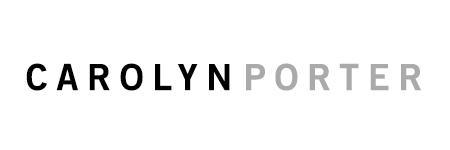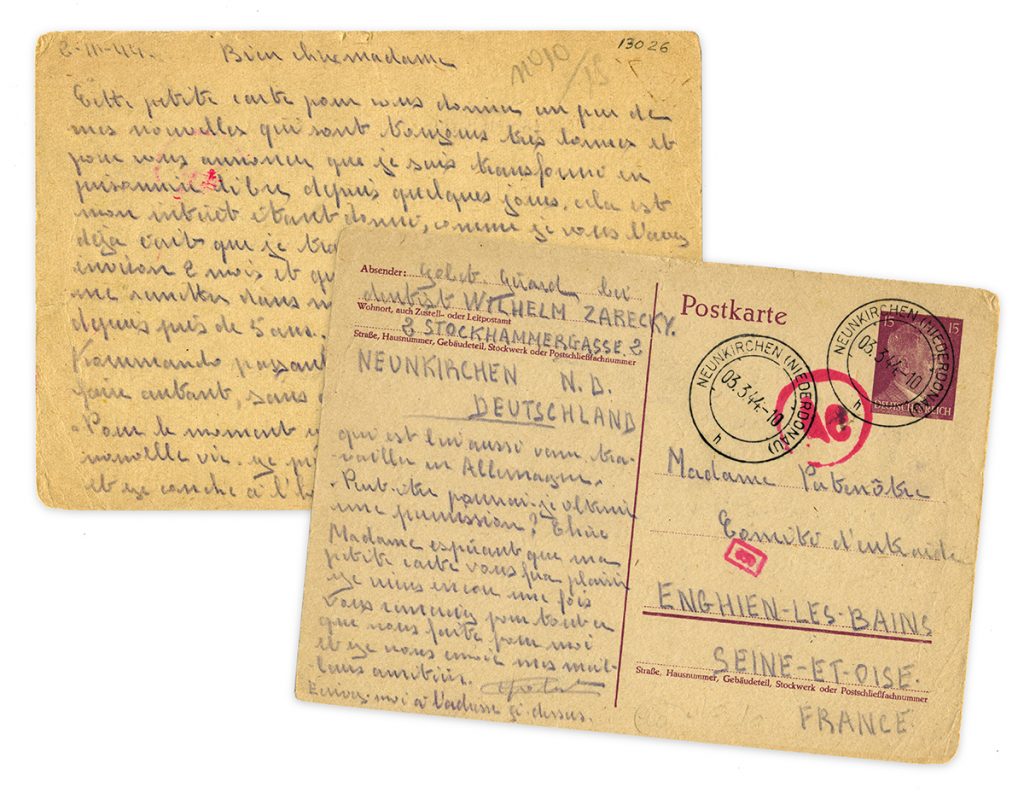November 2, 1944: “I have become a free prisoner several days ago…”
November 2, 1944
Dear Madame,
I am sending this little card to give you some of my news that is still very good and to announce to you that I have become a free prisoner several days ago.
That is my interest, as I’ve already written to you that I have been working for a dentist for around two months and that I am happy to be able to get back to the profession that I left more than five years ago. The friends of my Kommandant all think that I was made for this work, otherwise I would return to the work camp. For now, I won’t complain about my new life. I take my meals at my boss’s home and I sleep in a hotel, along with a Serbian dentist who also came to Germany to work. May I ask you a favor? Dear Madame, with the hope that my little card will please you, I will once again thank you for all that you do for me and I send you my warmest friendly wishes.
Gerard
Write to me at the address above.
Notes from the translator, Janet:
1. The writer has a very peculiar way of forming ‘t,’ making it look a bit like ‘b.’ The addressee looked at first like ‘Madame Pubinobu,’ a very strange name if that’s really the way it’s spelled, but I don’t think I figured it out correctly. In reading the first words of the message, I realized that what looked like ‘pebibe carbe’ had to be ‘petite carte.’ Also, ‘C’ looks like ‘E,’ but again, the first word has to be ‘Cette,’ not ‘Eette.’
2. The fact that the message was written in pencil made it even harder to read.
3. The card was addressed to: Madame Putinotu [?], Comité dent…?, Enghien-les-Bains, Seine-et-Oise, France. The return address was: Gerard Gelit, In care of dentist Wilhelm Zarecky, 2 Stockhammergasse, Neunkirchen NB Germany

